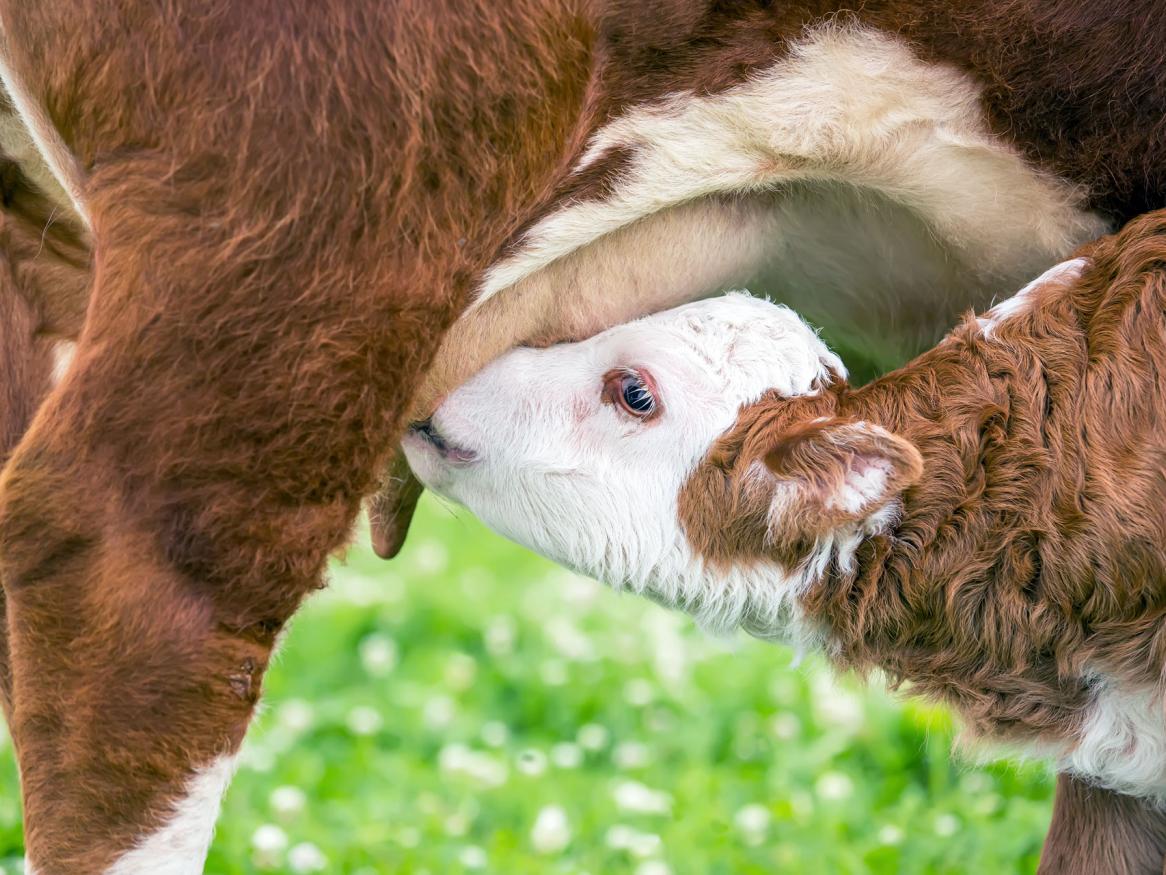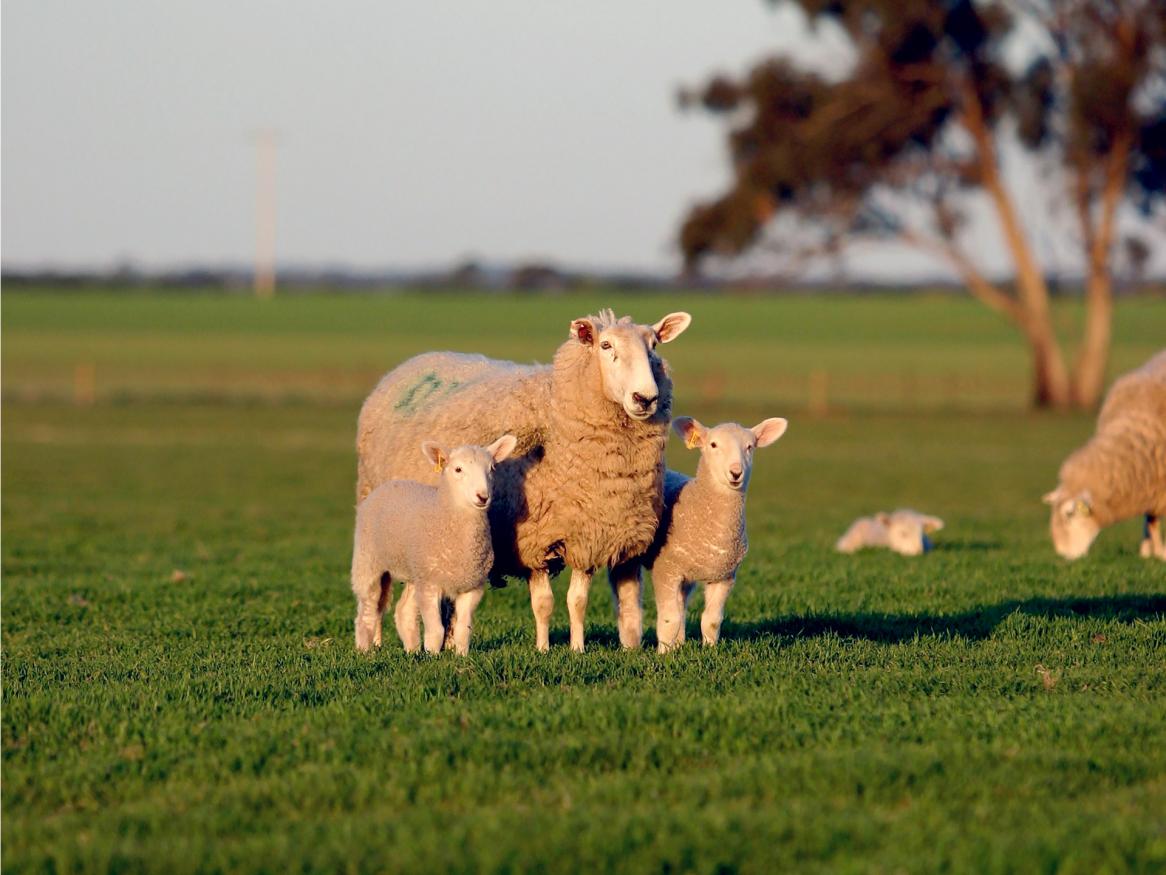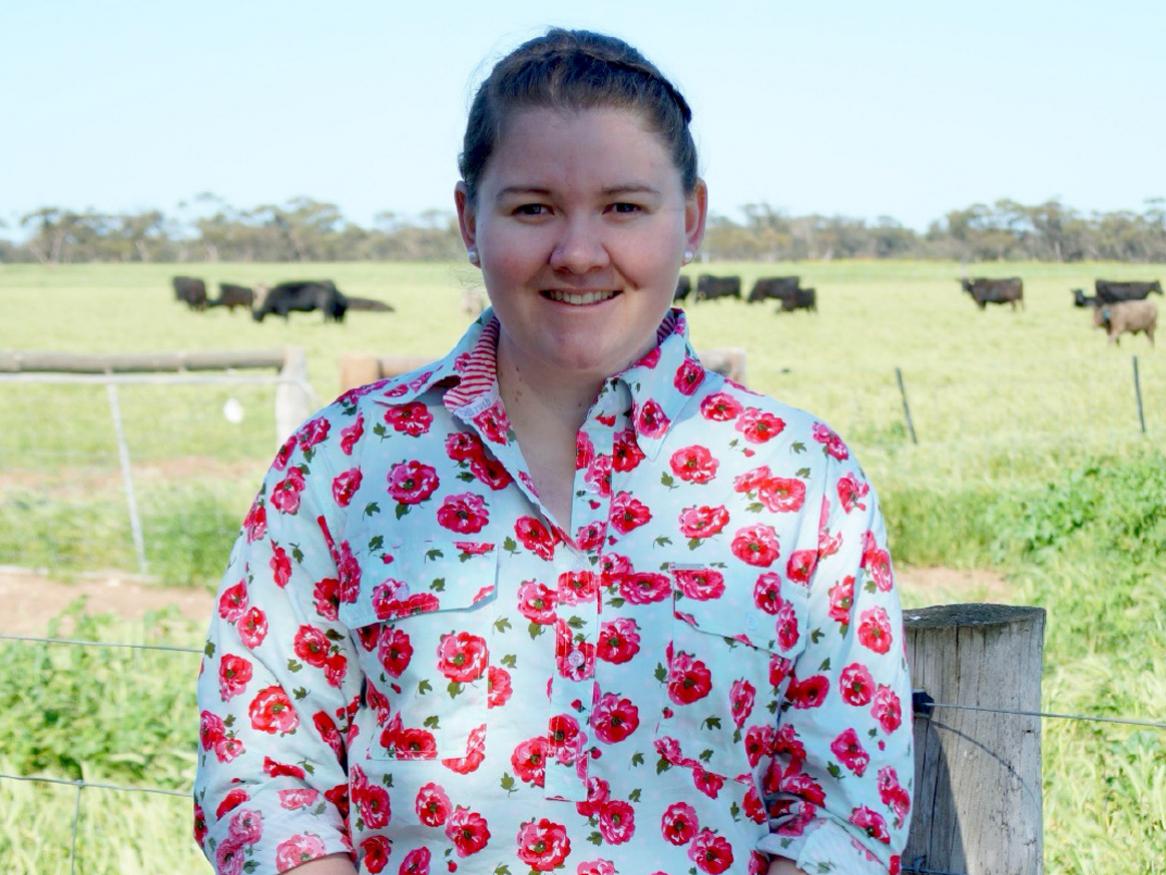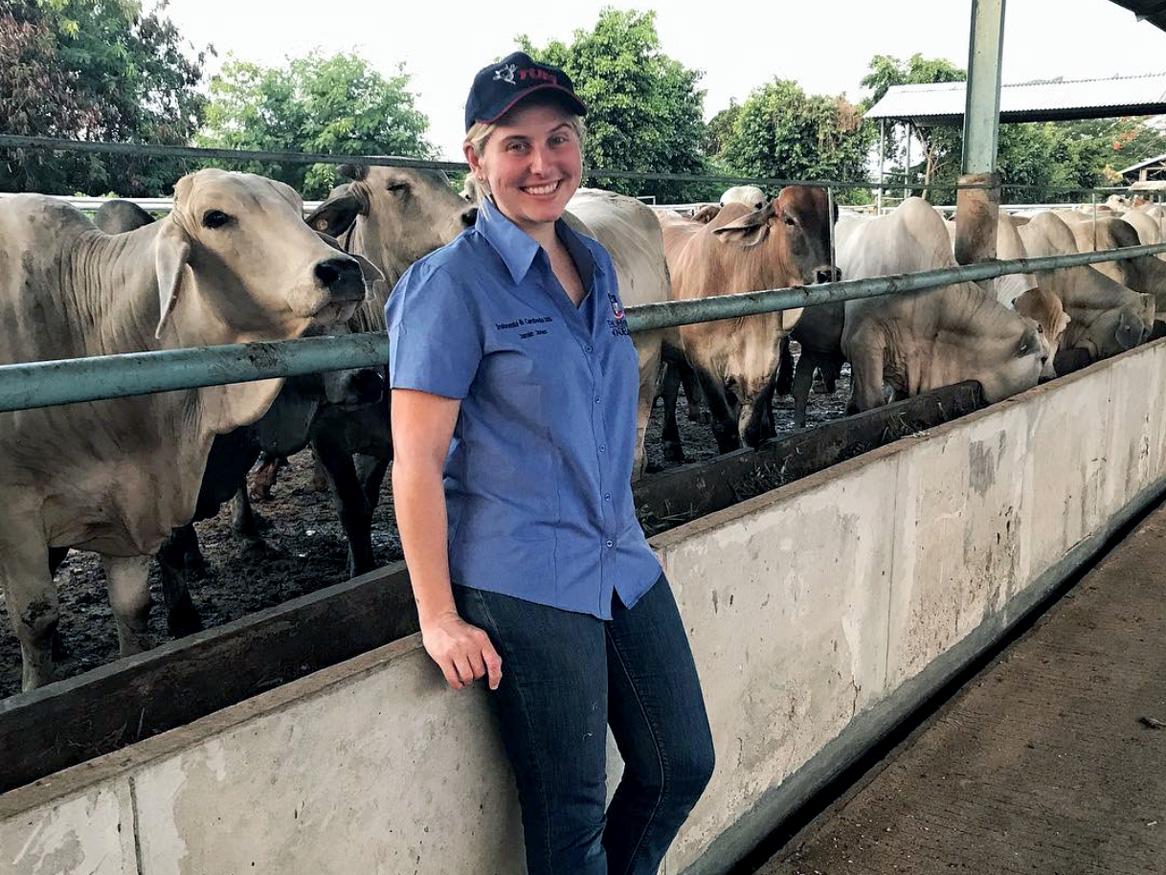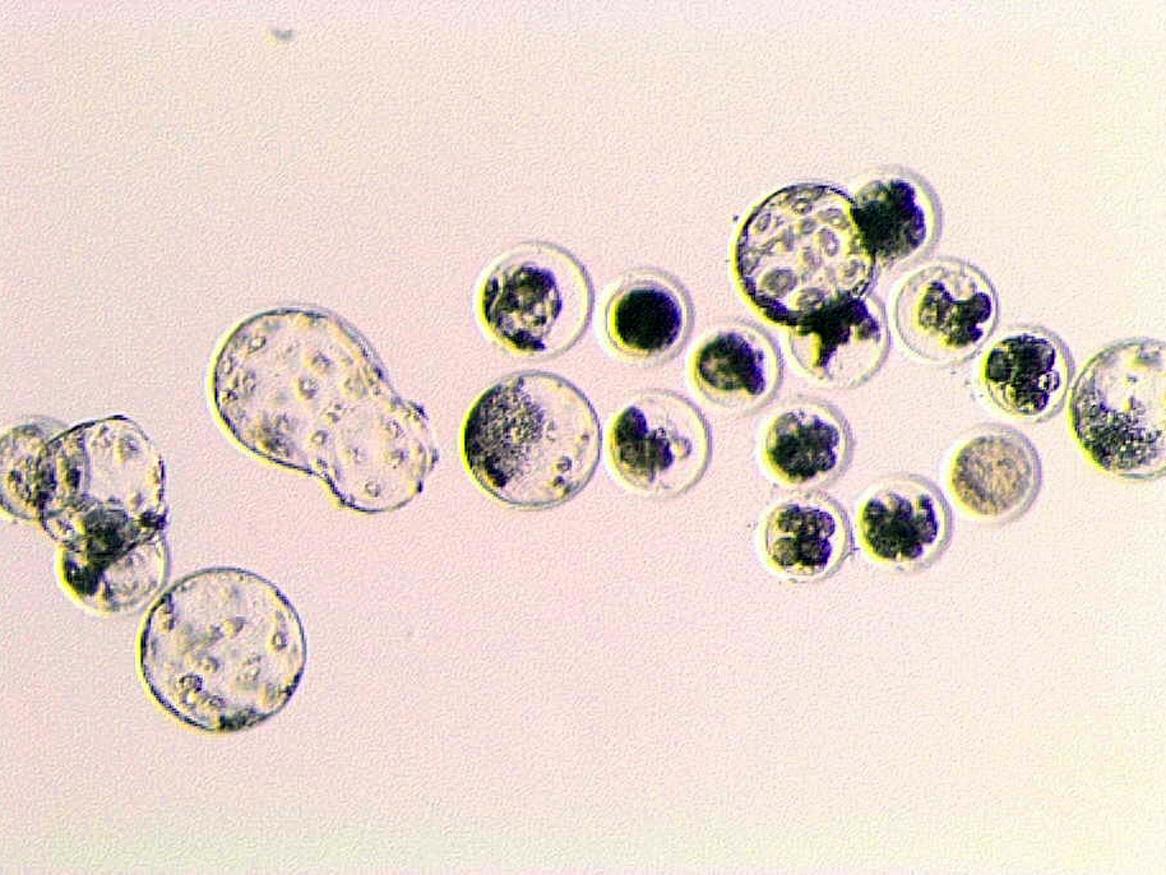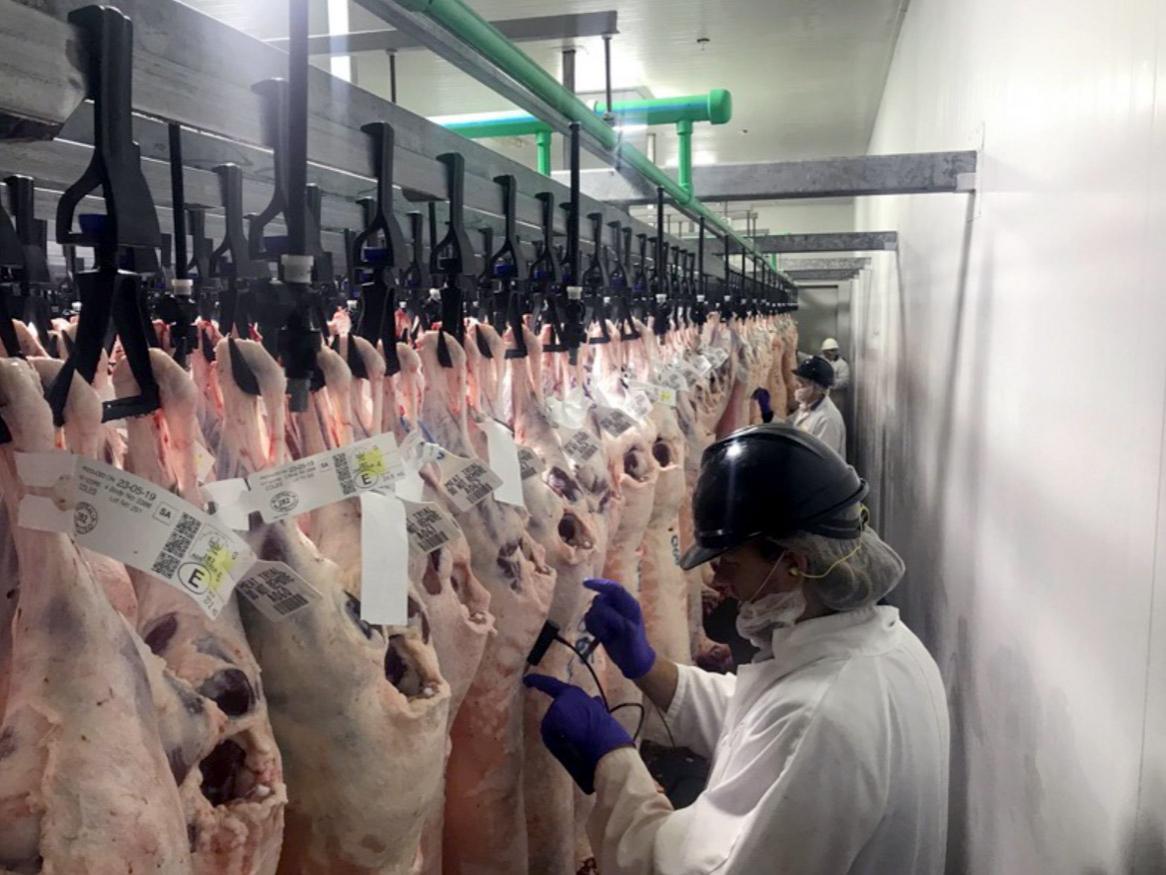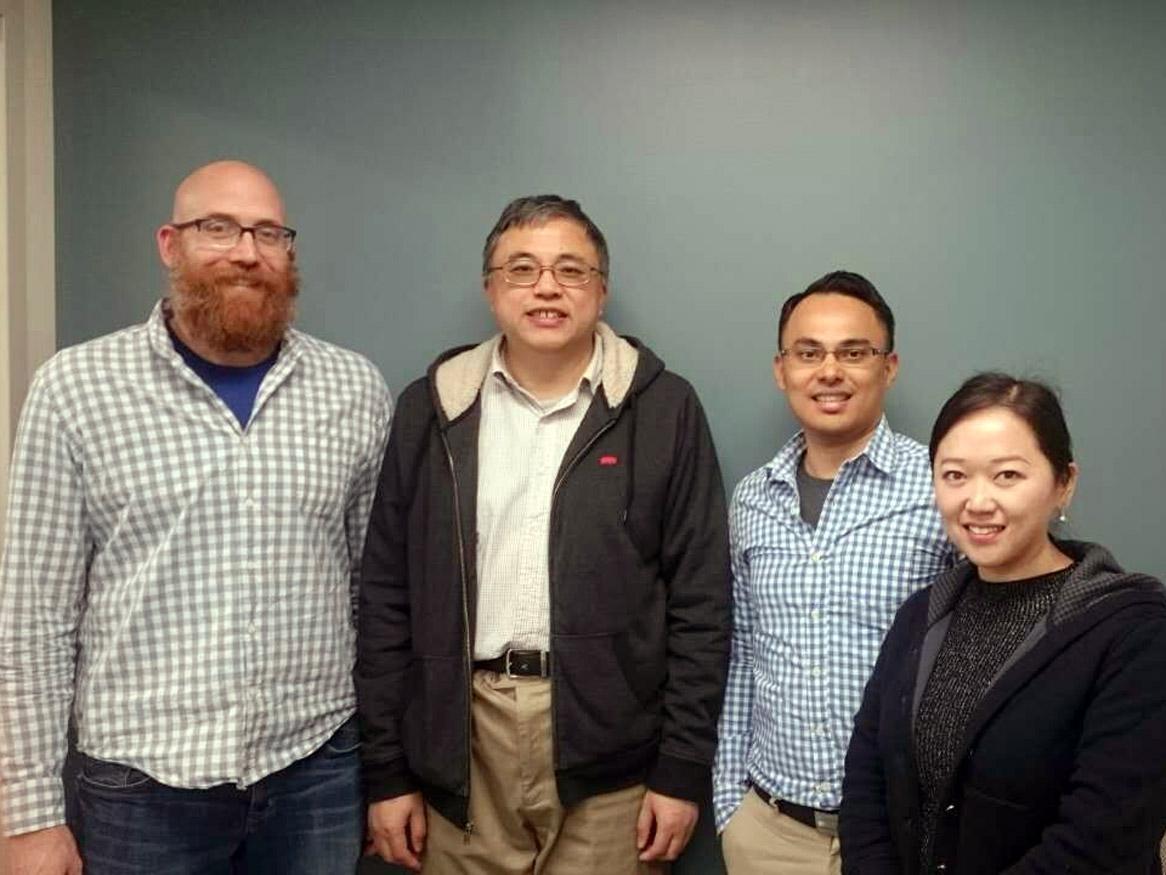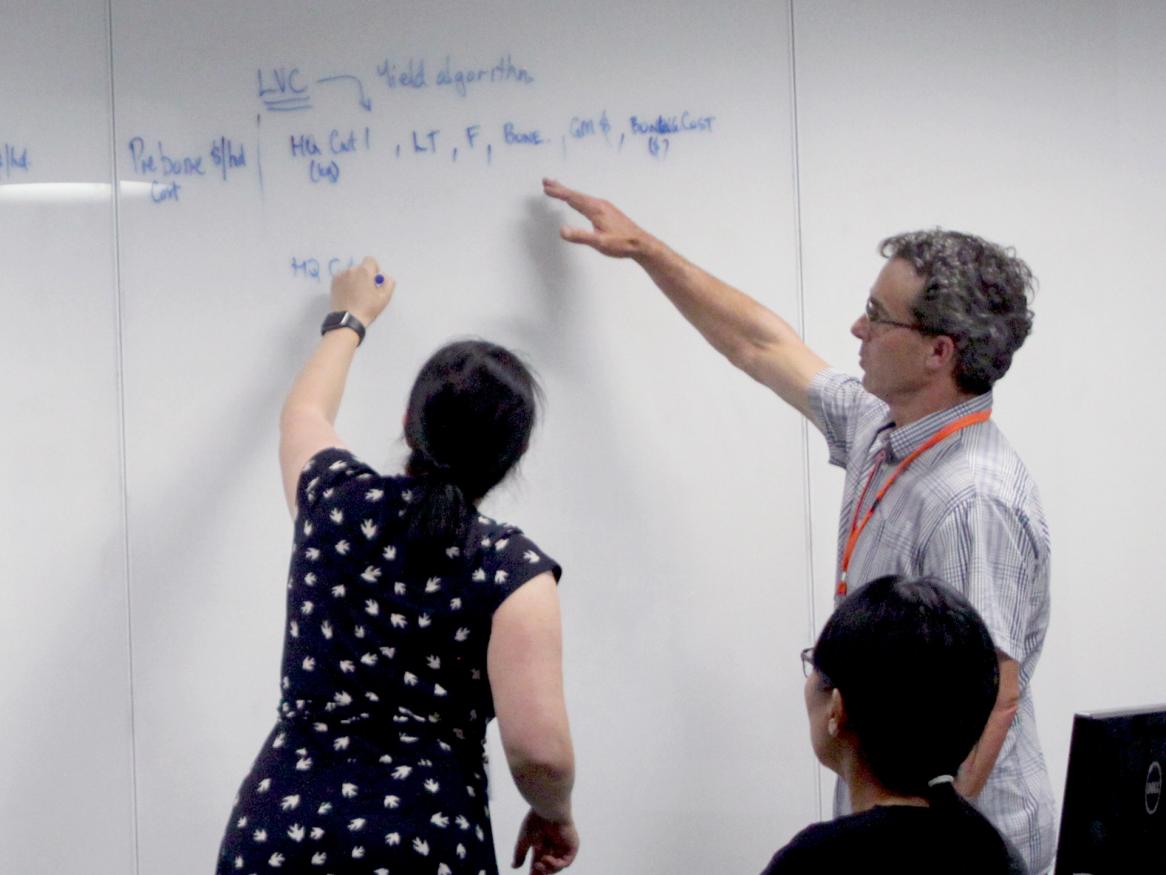Home
The Davies Livestock Research Centre delivers excellence in ruminant science to ensure the sustainability of the red meat industry.
We conduct multi-disciplinary research to answer scientific questions and respond to industry challenges with the end goal being to optimise animal productivity, product quality and wellbeing. To do this the centre brings together experts in animal breeding, genetics, physiology, reproduction, genomics, bioinformatics, biochemistry, physics and engineering.
The Davies Livestock Research Centre delivers cutting edge, competitive science to improve the growth of the ruminant livestock sector by:
- Being national industry focused and internationally connected.
- Supporting the development of next generation capabilities and practices through high quality, collaborative, and trans-disciplinary research programs.
- Leveraging the extensive experience within the Davies Livestock Research Centre to translate research into practice.
Case studies
Meating the future
What started out as an interest to learn more about production beyond the farm gate quickly turned in to the foundations for an exciting career.
Read more about Meating the futureBeefing up your degree
How the Australian red meat industry was a drawcard for animal science student Jamie Jones.
Read more about Beefing up your degreeHow can assisted technologies be used to improve herd reproductive potential?
We show that variation in cow and ewe fertility influences the reproductive efficiency of herds/flocks and the success of embryo collection and transfer programs.
Read more about How can assisted technologies be used to improve herd reproductive potential?How can we use science to help us choose better quality meat?
We're facilitating machine learning to assess the juiciness, tenderness, flavour and overall consumer satisfaction of meat.
Read more about How can we use science to help us choose better quality meat?How does parental DNA affect cattle growth?
Determining the patterns of expression and mechanisms of gene regulation at key fetal stages will provide us with information about normal development.
Read more about How does parental DNA affect cattle growth?Meating the challenge to optimise lamb
We're assisting lamb processors to turn to the power of mathematics and employ optimisation methodologies to guide them to make the most from each carcase.
Read more about Meating the challenge to optimise lambLatest news
30
Aug
Celebrating the life and legacy of John Stanley Davies
The University of Adelaide is celebrating the life and legacy of John Stanley Davies, who bequeathed the organisation $2 million in property after his death in 1968, with an event happening on 17 August at the District Hall in Spalding.
21
Jan
New director for SA Drought Hub
The South Australian Drought Resilience Adoption and Innovation Hub has announced the appointment of the University of Adelaide’s Dr Stephen Lee as its Director.
30
Sep
Breakthrough AgTech to improve lamb meat quality
In the sheep meat industry, the amount of intramuscular fat is a key indicator of eating quality, but can be particularly difficult to measure in lamb carcases, which are not individually graded.. until now.
4
Aug
New ARC grants to bring benefits to meat, hemp and mining industries
Almost $2 million in new funding is set to advance research into red meat, hemp and mining.
15
Mar
Virtual reality teaching students cattle handling skills safely
University of Adelaide students are learning animal handling skills using virtual technology.

